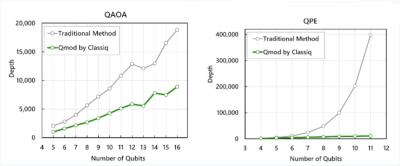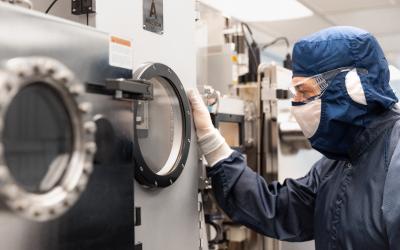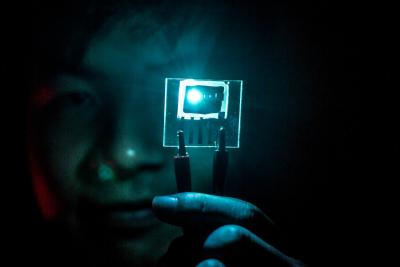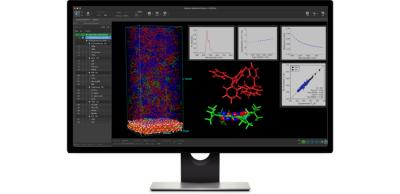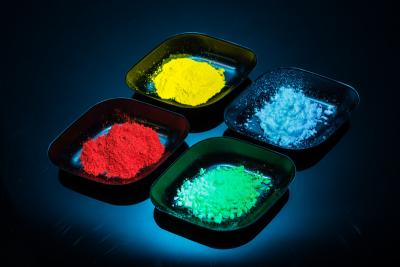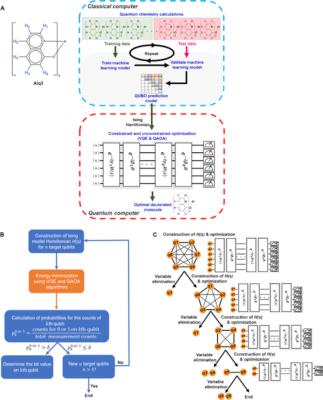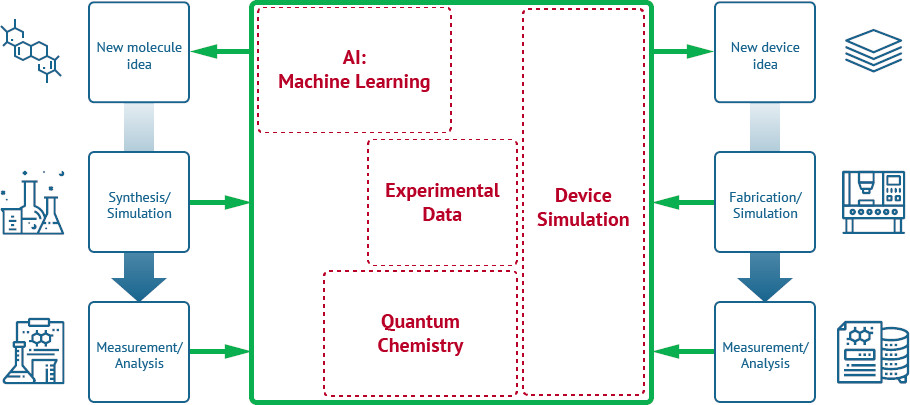Mitsubishi Chemical, Deloitte Tohmatsu and Classiq manage to dramatically improve the OLED material discover efficiency of quantum computing
Mitsubishi Chemical has disclosed that it has long been developing Quantum Approximate Optimization Algorithms (QAOA) for the development of advanced OLED emitter materials. One of the main challenges in this route has been that calculation accuracy that could not be guaranteed due to the accumulation of noise that affected the state of the quantum computer.
Mitsubishi Chemical has thus teamed up with Deloitte Tohmatsu and Classiq to compress the two quantum circuits used by Mitsubishi Chemical. The three companies managed to demonstrate up to 97% compression in the size of the first circuit and up to 54% on the second circuit. This dramatic compression will enable more accurate calculations as it mitigates the risk of errors during calculation.
